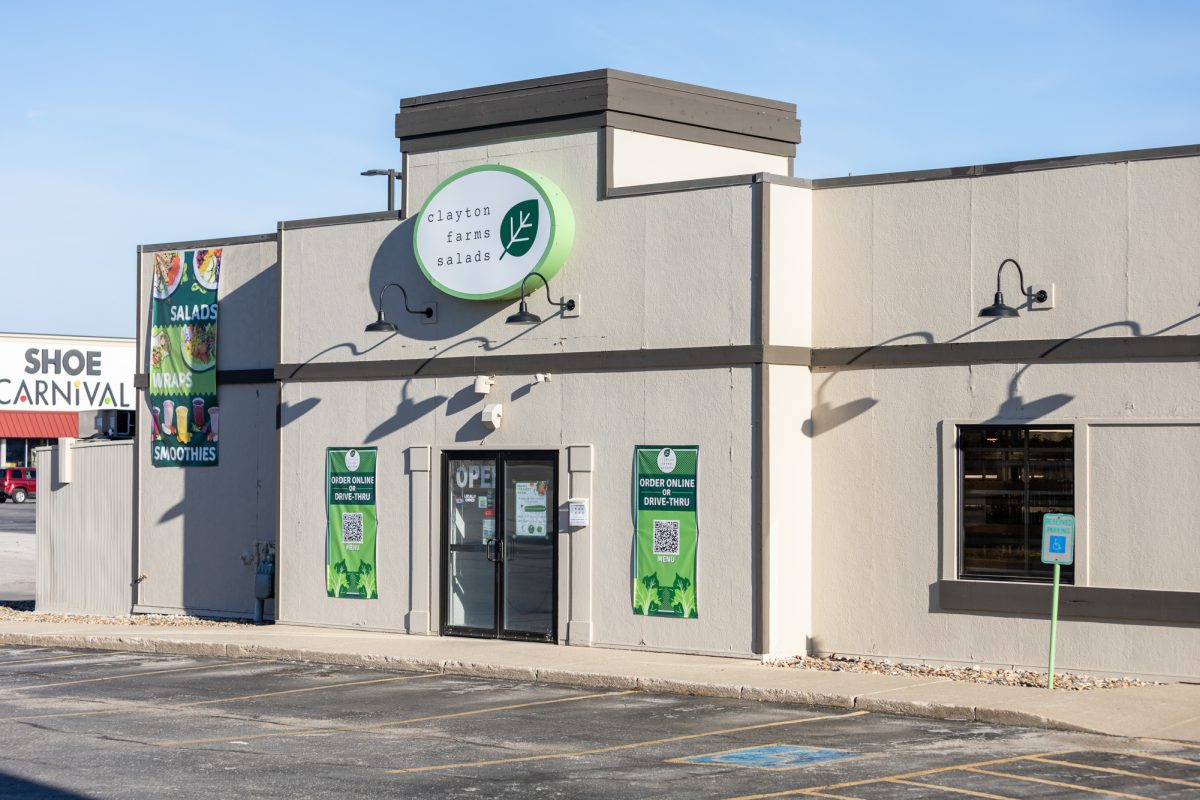Tom Vilsack hosts roundtable on the impact of COVID-19 on behalf of Biden campaign
Former Sec. of Agriculture and former Iowa Gov. Tom Vilsack moderated a Zoom panel on the impacts of COVID-19 on behalf of Joe Biden’s presidential campaign.
May 1, 2020
Former Iowa Gov. Tom Vilsack, also a former secretary of agriculture and a top Joe Biden surrogate, moderated a Zoom panel organized by Biden’s presidential campaign on the impacts of COVID-19 on rural families.
Vilsack was joined by former Iowa Lt. Gov. Patty Judge and others. The panelists answered questions Vilsack asked and questions he asked on behalf of voters.
Judge said the pandemic reminded her of the 2008 Eastern Iowa floods that occurred while she was lieutenant governor under then-Gov. Chet Culver.
“I led a task force to help Iowa communities that were dealing with the floods in 2008, it was a very different kind of a disaster, but the key in any emergency is whether we are prepared and then how quickly we can get the critical steps in place to respond and then to recover,” Judge said. “In 2008 we worked very hard, very aggressively to save lives and to try to save as many businesses as we possibly could. How we respond as a nation and a state to this pandemic is critical for our vulnerable rural communities.”
The former lieutenant governor said rural communities are vulnerable because “for years” support for high-speed internet have not been acted on, calls for housing improvements have been “forgotten” and hospitals and schools have continued consolidating and closing.
“In addition, the current administration has damaged trade relations while putting the 1 percent and oil and gas companies first,” Judge said. “President Trump has given oil and gas companies […] as large as Exxon and Chevron so many small refinery waivers that in three years this administration has blocked more than four billion gallons of biofuel from the market. Now needless to say, farm jobs in rural places are shaky at best right now. They were shaky before COVID-19 hit our country and our state.”
The Trump administration declined to appeal a ruling in March that reduces its issuing of waivers that exempted refineries from biofuels regulations requiring refineries blend ethanol and biodiesel into the nation’s fuel supply. Thirty-nine percent of Iowa’s corn is used for ethanol fuel, according to the Iowa Corn Promotion Board. Iowa’s corn industry accounts for $8.5 billion of the state’s economic output, according to the University of Arkansas.
The discussion turned to the November election, and recent trends in Iowa and across the country of rural Americans voting for Republican candidates in increasing numbers with each passing election.
Vilsack asked Judge a question on behalf of Jan Creasman, chair of the Harrison County Democratic Committee on how Democrats plan to recapture rural voters from Republicans.
“We absolutely have to reach out, that’s the first thing Tom,” Judge said. “I think if we’ve been able to learn any lesson at all from our past elections and past mistakes it’s that we’ve got to campaign in every corner of every state in order to win an election.”
Judge said rural communities have the same expectations from their government as someone in New York might have.
“If we are sincere about bringing rural America along, one of the things that has to happen […] is that we’ve got to have high-speed internet in every home in this country,” Judge said.
The panel wrapped up after roughly an hour, with Judge reflecting on the situation the pandemic has caused.
“Personally I am very eager for the opportunity to get to hug my grandchildren,” Judge said. “I talk to them every day on the Zoom, that’s great but it doesn’t take the place of that interaction with our families, and so sincerely I hope that happens for all of us soon, that we can be reunited physically with our loved ones.”
There has been no public polling of Iowa since the COVID-19 pandemic began to disrupt life in the state, though a Selzer & Co. Iowa Poll conducted for The Des Moines Register and Mediacom published March 11 found Trump with a 51-41 percent lead over Biden in the state at the time.







